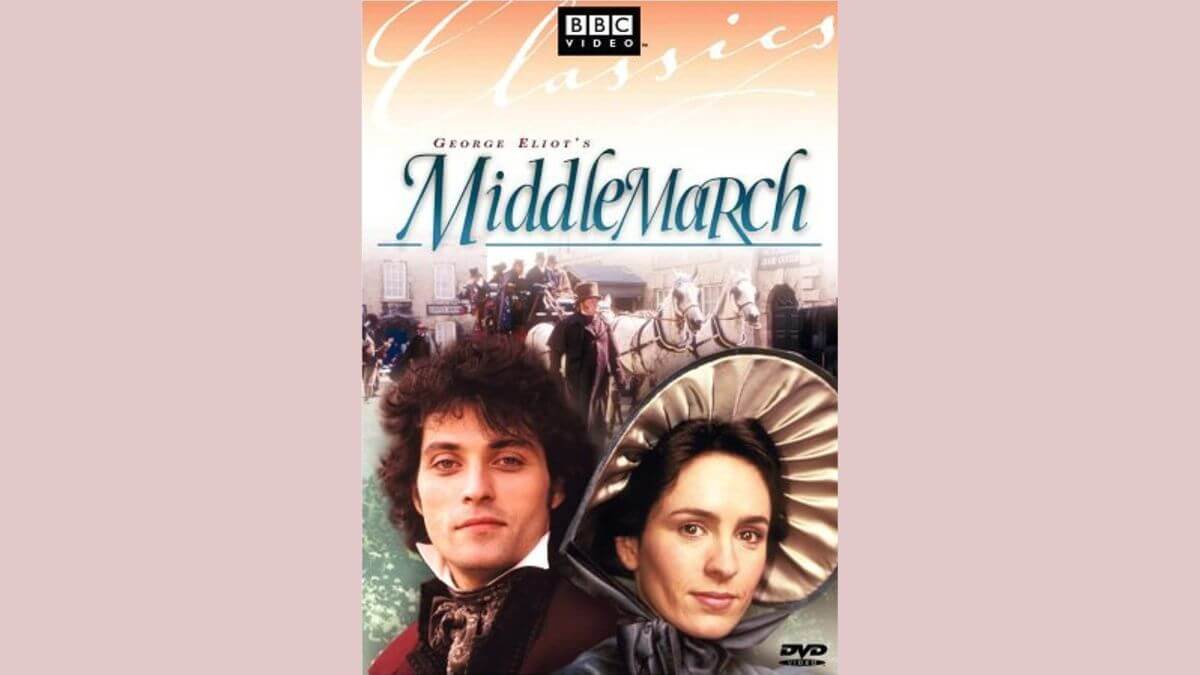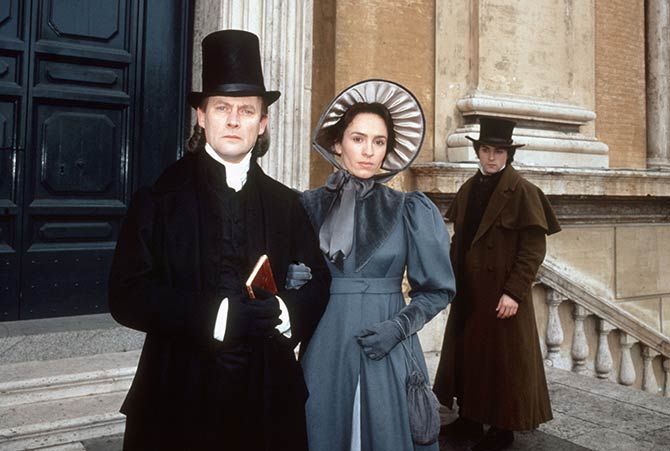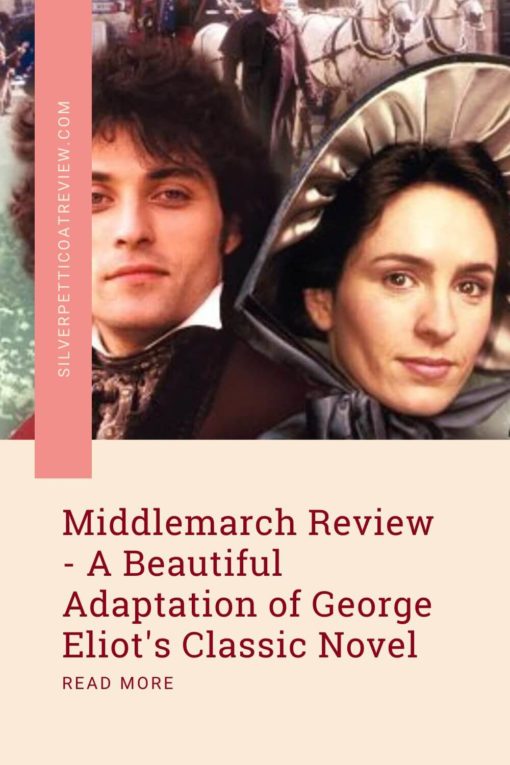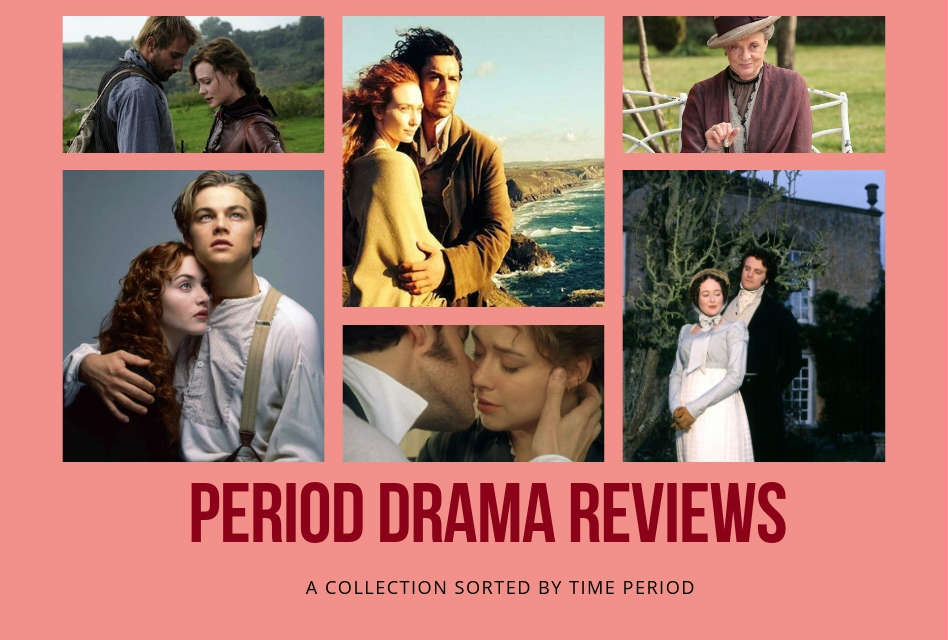Middlemarch Review

The 1994 BBC/Masterpiece Theater production of George Eliot’s Middlemarch tells several interweaving stories of the people living in the fictional town called Middlemarch. It’s a story of love, greed, politics, tragedy, and hope.
At the center of it all is a kind young woman named Dorothea who wishes to be constructive in her life. She longs to help others and has no desire to hold on to wealth like most would in her high position.
Then she meets the aging Casaubon who seems to offer Dorothea a marriage where her mind and ideas would be useful. Instead, she finds herself married to a boorish, sick man who hears no opinions but his own.
What is so extraordinary about Dorothea, however, is that her empathic nature takes all this in good stride, and she seeks only to be a comfort to the man that most would see merely as imprisonment.

Then, of course, enters the artist/writer/politician, Will Ladislaw (played by the handsome Rufus Sewell) who understands her soul and heart. Their interactions are more intellectual than sensual, developing into something enjoyable to see adapted on the screen (Andrew Davies knows how to write period dialogue).
For those worried about an irritating adultery plot, fear not, as Dorothea is about as pure of a character as one can get. The romance between the two is both wholesome and truly romantic.
Aside from Dorothea is the new Doctor in town. Dr. Lydgate is another idealist who wishes to use his medical knowledge to be of help to the town and the new hospital.
Unfortunately, for him, he falls in love with the beautiful yet shallow Rosamond and upon marriage finds himself in debt and in more trouble than he could have ever imagined.

Photo: BBC
Money being a huge theme in Middlemarch, Rosamond’s brother Fred played by the lesser known Firth brother Jonathan, also has a large role in which he is in debt and must turn his life around to win the hand of the woman (others call plain) he has loved since childhood. This story is both sweet and rewarding.
Like all classic novels Andrew Davies has adapted (Pride and Prejudice ’95 being just one), the script believably brings the characters to life. And with six full hours to tell Eliot’s story, the miniseries definitely does justice to the book.
With rich characterization, excellent costumes, and characters to root for, Middlemarch is definitely a beautiful period drama to add to your watchlist. You can currently watch the period drama on Britbox.
What did you think of this adaptation of Middlemarch? Sound off below…


PIN THIS ARTICLE! AND MAKE SURE TO FOLLOW US ON PINTEREST.


